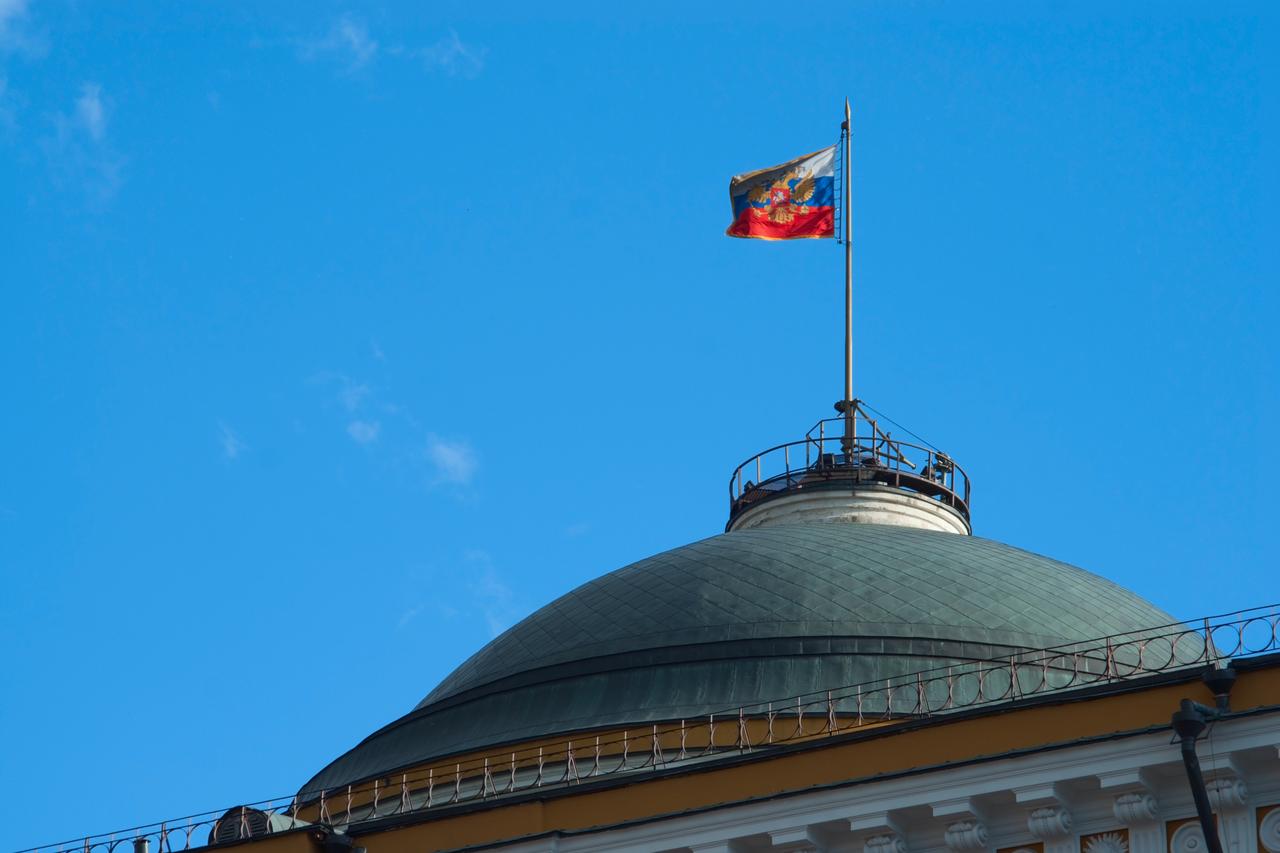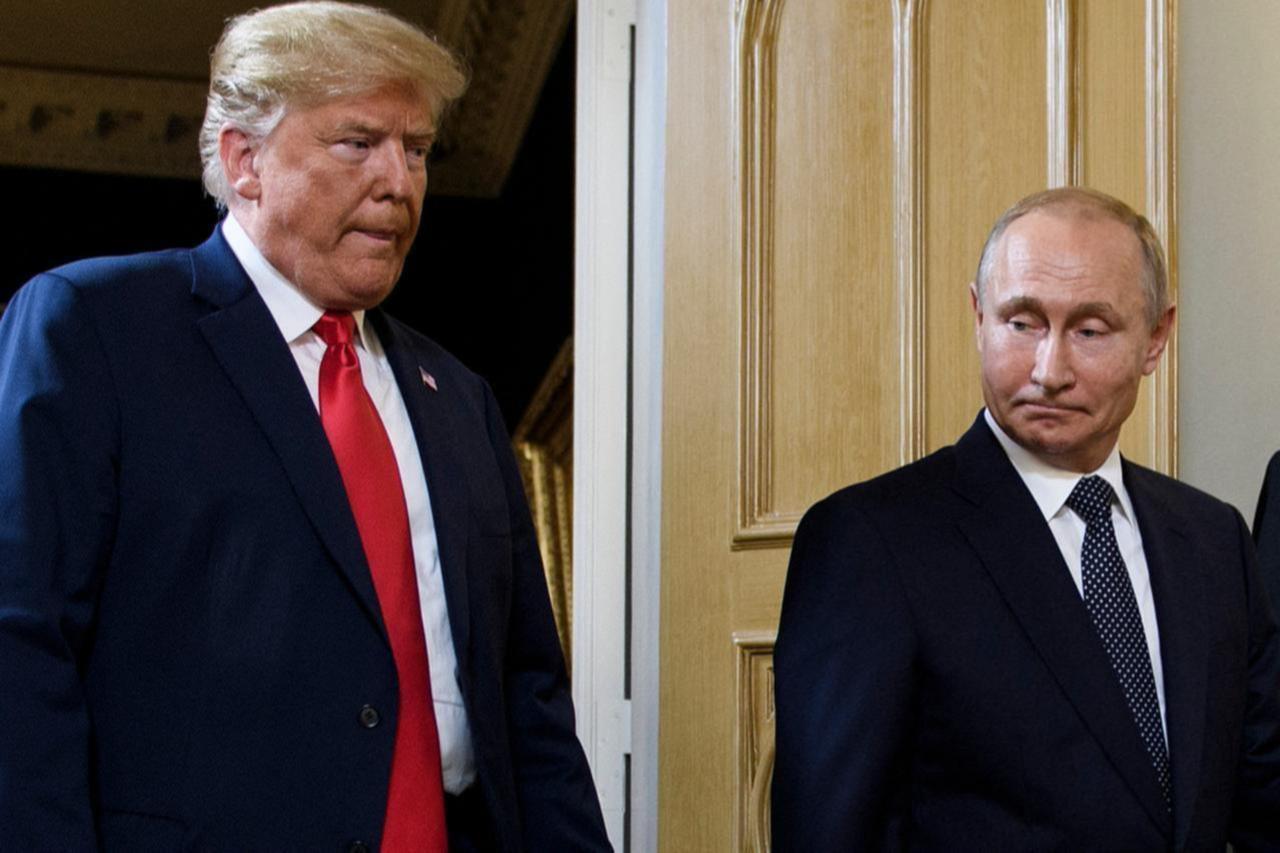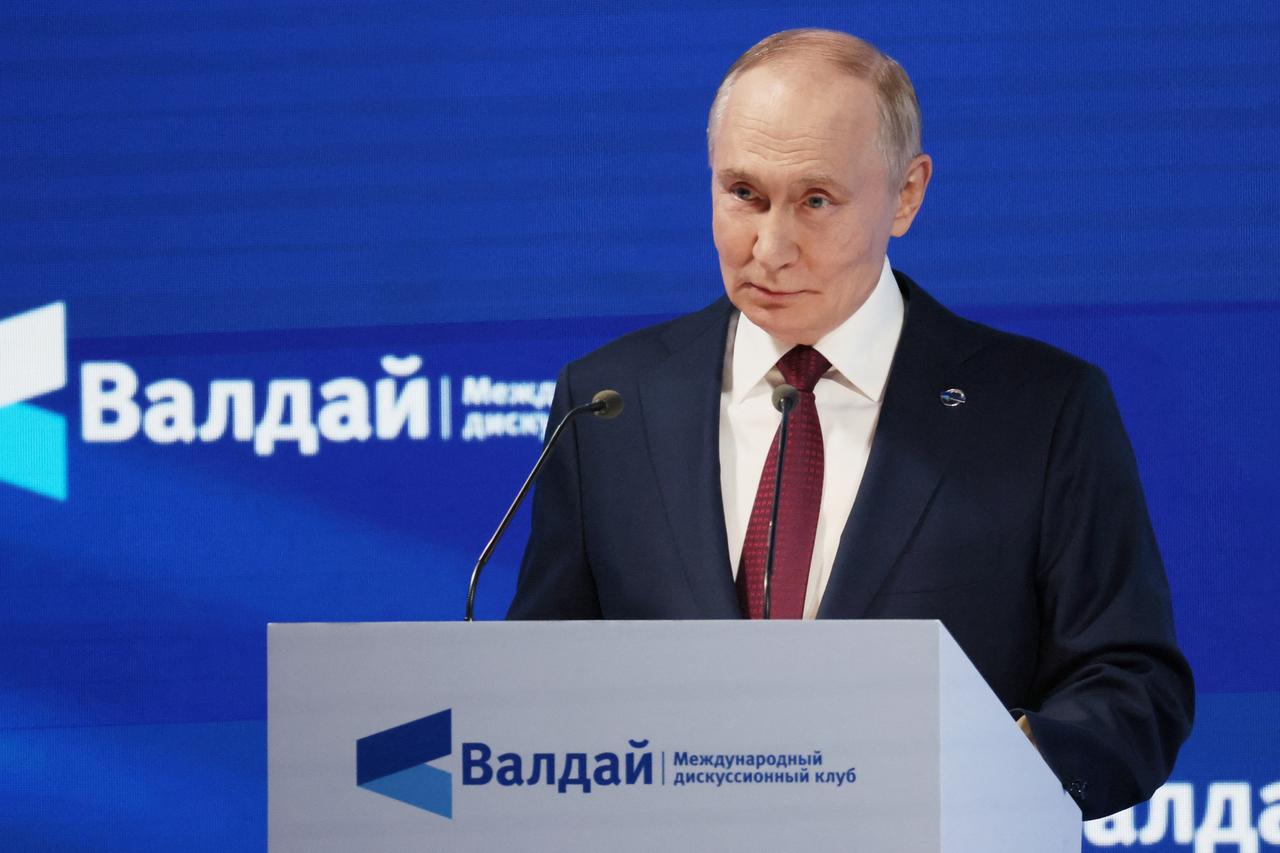
Russian President Vladimir Putin and Iraqi Prime Minister Mohammed Al-Sudani agreed on Thursday to postpone the first Russian-Arab Summit, which had been scheduled for next week in Moscow, due to the expected official signing ceremony of the Gaza ceasefire in Egypt, the Kremlin announced.
The Kremlin said the decision followed consultations between Putin and Al-Sudani, who noted that many Arab leaders would find it difficult to travel to Moscow while preparations for the Gaza ceasefire signing are underway.
"The sides agreed it would be appropriate to postpone the summit to a later date, which will be additionally coordinated," the Kremlin said, adding that Russia and Iraq will inform other Arab capitals through diplomatic channels.
Speaking earlier at the Russia–Central Asia Summit in Dushanbe, Tajikistan, Putin expressed support for U.S. President Donald Trump’s proposal to end hostilities in Gaza, describing it as a pragmatic path toward stability.
"President Trump has put forward well-known initiatives, and, as you have seen, Russia supported them almost immediately," Putin said. "We very much hope that these initiatives of the U.S. President will be implemented."
He added that the plan had been "positively received from the outset, both in the Arab and Islamic worlds," stressing that its success would be vital for lasting peace in the region.

Putin reaffirmed that Russia’s approach to Middle East conflicts remains grounded in diplomacy rather than military confrontation.
"Russia has always believed that the problems of the Middle East can only be resolved through political and diplomatic means," he said, adding that Moscow is ready to "support any peaceful efforts aimed at stopping the bloodshed and bringing calm to the region."
He underscored that the "most important, indispensable condition for long-term stabilization" is the creation of an independent Palestinian state, reiterating Russia’s long-standing position on the issue.

Trump’s ceasefire proposal, unveiled on Sept. 29, sets out a 20-point roadmap that includes the release of all Israeli captives in exchange for around 2,000 Palestinian prisoners, a permanent truce, and the withdrawal of Israeli forces from the Gaza Strip.
A second phase envisions a new governing body in Gaza excluding Hamas, the formation of a multinational Palestinian–Arab security force, and the disarmament of Hamas. The plan also calls for Arab and Islamic nations to finance Gaza’s reconstruction, with limited involvement from the Palestinian Authority.
While most Arab and Muslim countries have welcomed the initiative, officials in several capitals have said that many of its provisions require further negotiation to ensure implementation.